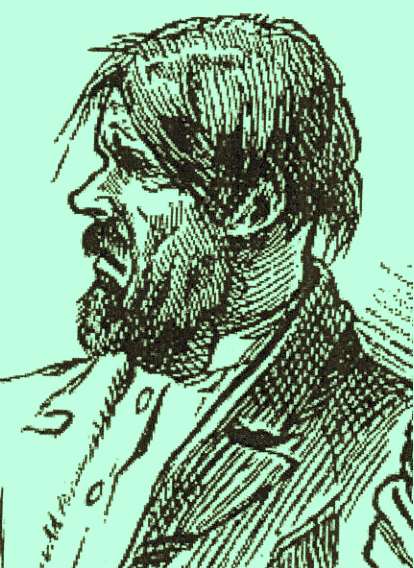 Myles Joyce (drawing from book, "Maamtrasna, the murders and the mystery.")
Nuachtáin/Newspapers Poem (Gaeilge) & Song (English)
Comóradh 2012
Leannan an cás - the case continues!
The Maamtrasna Murders and the Execution of Myles Joyce: "probably an innocent man."
A Government Minister today refused a request from two Peers to grant a posthumous pardon to an Irishman whom they claim was wrongfully executed during the period of British rule.
Lord Avebury (LD) and Lord Alton (Crossbencher) had asked Justice Department Minister, Crispin Blunt MP, to request a retired Law Lord to review the circumstances in which Myles Joyce was executed at Galway in 1882. They said that "corrupt witness statements led to a perversion of justice and the wrongful execution of a wholly innocent man." During their meeting, held at Westminster, the Minister conceded that "Joyce probably was an innocent man." However, he added that unless there were compelling new reasons or sufficient public interest he would not seek a posthumous pardon.
At the time of Joyce's execution one of the two others facing the hangman protested Joyce's innocence, as Joyce consistently did himself. Joyce's wife, Bridgid, pleaded for his life, along with the then Archbishop of Tuam, Dr.MacEvilly. The informer, Tom Casey, who was blackmailed into denouncing Joyce by the threat that he would be charged with murder if he refused, and whose evidence led to Joyce's conviction, subsequently swore before the Archbishop and a congregation that he had lied in naming Joyce.
The Peers said that it was likely that the only way in which the case would now be re-opened, and a posthumous pardon granted, is if Members of the Irish Dail, or the new President, petitioned the Queen directly. They added that "in the present climate where so much history is being healed, and in which Her Majesty has taken such a lead, this would help the process of reconciliation and strong relations between our peoples."
 Avebury
Avebury
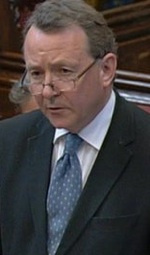 Alton
Alton |
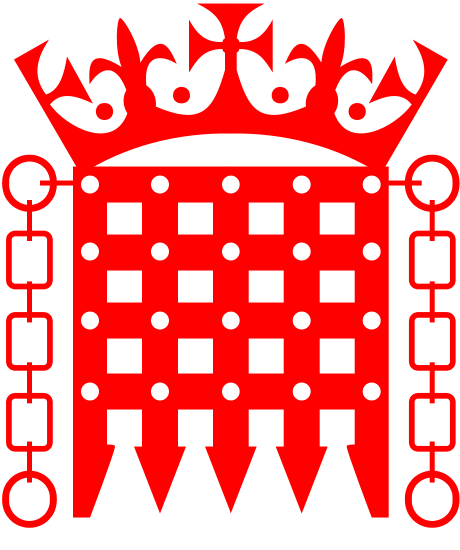
CRIME (IRELAND)--THE MAAMTRASNA MURDERS--REWARDS TO WITNESSES.
MR. M'COAN(James McCeon, MP Wicklow March 31, 1880 - November 24, 1885)
MR. TREVELYAN (George Trevelyan,MP Hawick District of Burghs November 17, 1868 - July 1, 1886. Chief Secretary for Ireland 1882 - 1884.) 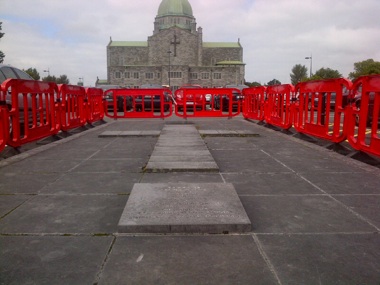 Place of Execution in Galway!
EXECUTION: 15 December 1882 LAW AND JUSTICE (IRELAND)--EXECUTION OF MYLES JOYCE, CONVICTED OF MURDER. HC Deb 10 May 1883 vol 279 cc410-1410
MR. HARRINGTON (Timothy Harrington MP Westmeath February 24, 1883 - November 24, 1885; later represented Dublin Harbour and Lord Mayor of Dublin.)
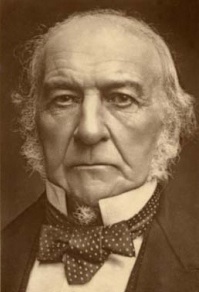 W.E.Gladstone In reply to this Question, my attention has been called to the incident mentioned in the first part of it. But with regard to the question whether there is any foundation for the belief that the man Myles Joyce was unjustly executed, I must say that I distinctly decline to enter, in an answer to any Question, into the discussion of any matter relating to the execution of the capital sentence. It is for the hon. Member to consider whether he will make any charge against the Government in that respect. I do not part, however, from the subject without stating what is only due, I think, to my noble Friend the Viceroy of Ireland--that, in common with all my Colleagues, I repose the most entire confidence in the judgment, the care, and the humanity with which he endeavours to exercise one of the most delicate and important duties of his high Office.
MR. HARRINGTON HC Deb 13 August 1883 vol 283 cc284-390
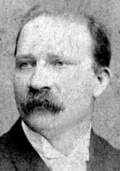 Timothy Harrington "This unfortunate man and his fellow-prisoners were placed on their trial, not in their native county--not in the county where the murder was committed--but they were conveyed away from their homes for a distance of 200 miles, and brought up to Dublin, to be tried by a jury selected from a special jury panel. .. .. Let them take the case of this unfortunate man, Myles Joyce. He was conveyed more than 200 miles from his home, and put upon his trial in Dublin. Not a single word of English was he able to speak; not a single word of his own language were the jury who tried him able to comprehend. The Judge, who tried him, was to him as much a foreigner as if he were a Turk trying the case in Constantinople. The very crier of the Court, and the counsel who represented him, were foreigners to him; and the whole trial, as far as he was concerned, was an empty show and a farce. As if to make the farce still more ludicrous, the very interpreter employed by the Crown to interpret the language of the Court to this unfortunate man was a policeman. Hon. Members asked why was not the law respected in Ireland; why did not the people assist in upholding the law and the administration of justice in Ireland? He would ask, in return, could any man of intelligence, or common sense, give his sanction to a system of law administered in such a manner as that in any country in the world? If this unfortunate man had had a foreign name, if he had been called Arabi, or Suleiman, his case would have drawn attention to it over and over again in the House of Commons. But, unfortunately, he had not lived in a climate sufficiently foreign to excite the philanthropic sympathy of hon. Gentlemen on the opposite side of the House... ...Now, this man had been conveyed more than 200 miles from his home. If he had been tried at home, in the very townland in which he had been born--he belonged to a class too poor and too humble to employ legal assistance; but when he was taken away from his home for a distance of 200 miles it was rendered absolutely impossible for him to bring up the witnesses who might be necessary for his defence. ... ...That unfortunate man, Myles Joyce, was tried by 12 men specially selected from a special jury panel--12 men actually packed for the trial, because the Crown, although they had a special jury panel, challenged 24 jurors before they succeeded in selecting a jury. The man so tried was found guilty, as also were the others, and they were subsequently executed. He would only say that two of the men found guilty with Myles Joyce, when they knew that they had no object themselves to gain, and that under Heaven they had no mercy to hope for, made a distinct and deliberate statement the day preceding their execution that they were guilty, and that this man Myles Joyce was innocent. That statement was sent to the Lord Lieutenant of Ireland; but the Lord Lieutenant of Ireland hanged the man. He knew the answer would be made, as it had already been made, that men who were wicked enough to commit such a crime would be wicked enough to make a false statement with regard to the murder. AMENDMENT (MR. HARRINGTON)--THE MAAMTRASNA MURDERS--CONVICTION OF MYLES JOYCE AND OTHERS. HC Deb 27 October 1884 vol 293 .. "This House humbly assures Her Majesty that it would ensure much greater confidence in the administration of the Law in Ireland if a full and public inquiry were granted into the execution of Myles Joyce, and the continued incarceration of Patrick Joyce, Thomas Joyce, Martin Joyce, and John Casey." MR. HARRINGTON
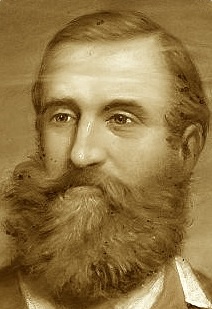 John Poyntz 5th Earl Spencer ....But he warned the House that, whatever the vote of the House might be, an adverse vote would only exasperate the feeling of the Irish public about Myles Joyce's fate, and sooner or later Earl Spencer, and the Government which harboured him, would repent of the way in which they had dealt with this question.
MR. DEASY (John Deasy MP Cork February 23, 1884 - November 24, 1885; Mayo West November 24, 1885 - 1893) RESOLUTION. HC Deb 17 July 1885 vol 299
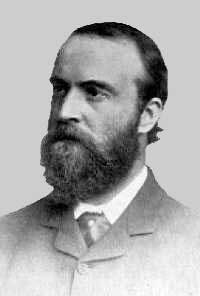 C.S. Parnell ... I shall devote the bulk of my attention to an examination of the Maamtrasna trials... The general circumstances in connection with this terrible event are familiar to the House, seeing that we have had an opportunity of discussing the question in full within the past five or six weeks. It will be remembered that on the night of the 17th of August, 1882, a party of men broke into a house in the village of Maamtrasna occupied by John Joyce. They attacked this man and his family, and murdered him and his mother, wife, and young daughter, and inflicted upon his two sons such serious injuries that in the one case they were fatal, and in the other case the young boy only recovered after a long illness. Two days after the murders were committed, two brothers, named Anthony and John Joyce, came forward with a most extraordinary statement in regard to their having tracked 10 persons, whom they accused of the murders, for a long distance over the hills on the very dark night in question. They positively identified and swore to these 10 persons as having boon the persons who committed the murders. These 10 men were arrested, and the Crimes Act being in force at the time, the venue was changed, and the prisoners, none of whom could speak English, were brought away a distance from their homes and from everybody who knew their characters and the circumstances of the locality, and they were tried in Dublin by a packed jury of Dublin shopkeepers, who were mostly dependent upon the patronage of the Castle for their means of living ... Every Protestant juryman in the country considered his life was in danger, and the result was that it was perfectly impossible for the class from whom these jurors were chosen to approach the consideration of a case like this with any sort of impartiality or judicial freedom of mind. The prisoners then were tried before a special jury. The Crown largely exercised its right of challenge, with the result that an almost exclusively Protestant jury were empanelled... ... The first man, Patrick Joyce, whose guilt we admit, was tried and condemned to death after eight minutes' deliberation by the jury. Patrick Casey, another guilty man, was also put on trial and was found guilty after a few minutes' deliberation. The Judge, in sentencing Casey, expressed his satisfaction with the verdict, and added that upon the evidence, which there was no ground for disbelieving, no other verdict than one of guilty could be returned. ... Myles Joyce, one of the innocent men, was the next person on the list, and, with the words of the Judge in the previous case ringing in their ears, the jury convicted him after six minutes' deliberation. Of course, the remaining prisoners had to consider what they should do. Six now remained to be tried, and of these five were innocent; Michael Casey, now suffering penal servitude in Mountjoy Gaol, was alone guilty. This man offered to plead guilty; but the five innocent prisoners declined to plead guilty, and spoke out against it... They were ignorant, and could not speak a word of English, and they had to consider that while there was life there was hope. I do not think any of us ought to condemn either the men themselves, who, being innocent, pleaded guilty, or the priest who advised them to plead guilty.... ... The execution of the two guilty men previously convicted, and of the innocent man, Miles (sic) Joyce, came on. An extraordinary scene took place at these executions, which first directed public attention to the probabilities of this case.... |